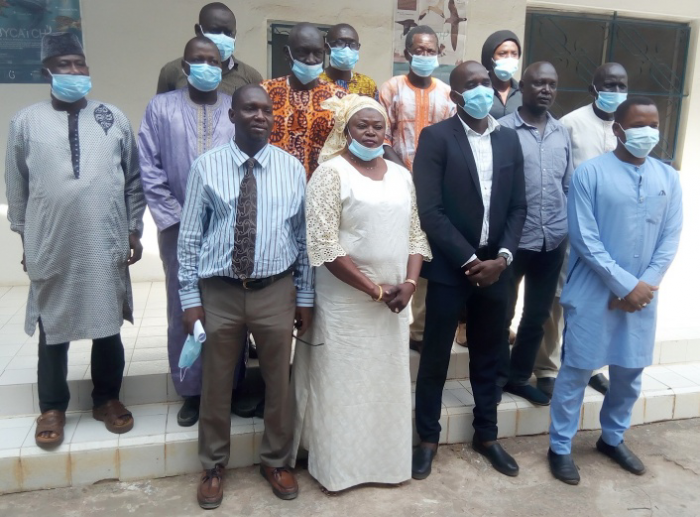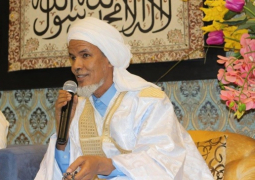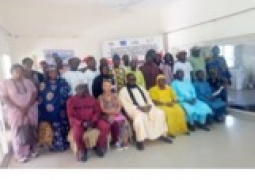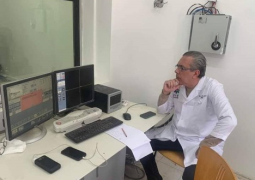
Ahmed Tijan Jobe, principal assistant secretary at the Department of Fisheries said the Fouta Djallon Highlands (FDH) represents a globally important ecosystem; one that provides multiple environmental and economic services to most West African countries.
Mr. Jobe said eight countries that share the Highlands are The Gambia, Guinea, Guinea-Bissau, Mali, Mauritania, Niger, Senegal, and Sierra Leone. He added that land degradation and the resulting lossof ecosystem structure and function has been a growing issue over the past five decades.
According to him, this year the region has experienced pronounced climatic variations, combined with a rapid demographic growth, especially in Guinea.
"This has increased the demand for food and firewood, thereby exacerbating the degradation of watersheds and ecosystems which resulted in an increased rate of loss of habitat," he said.
He further said that continued pressure on vegetation has resulted in limited natural resources regeneration, with combined uncontrolled forest fires leading to an acceleration of loss of biodiversity of a global significance.
Mr. Jobe, added that the baseline report studies are expected to provide reduction of vegetation covers, acceleration of soil erosion, modification of soil characteristics and decline in fertility reduction of flora, fauna and fish species, increase in water runof, increase in salination and sedimentation of water courses and the drying up of springs.
He pointed that the meeting of the baseline report validation is of great importance in the shaping of the direction to which the FDHproject is steered so that the aspirations to contain the rapid loss of natural resources due to human actions or inactions is properlyaddressed for the sustainable development and management of our natural resources.
Fatou John, focal point of the project said the project is developed and implemented in the framework of the AU-Regional Program for the Integrated Development of the Fouta Djallon Highlands(RPID-FDHI).
Madam John, said communities or sites covered by the project are all in Kiang East District.
Ebriama Dem in his remarks on behalf of the Food and Agriculture Organization (FAO) country representative said the unsustainable practices, misuse and overuse of natural
resources are the leading causes of land, soil and watershed degradation in the highlands. He said they require urgent attention.
Mr. Dem added the FAO recommend the inclusion of sustainable watershed management
plans as a way to mitigate the combined challenges of protecting water ecosystems, combating
climate change and its impacts, ending poverty and achieving food security.
He noted that The Gambia is faced with numerous environmental challenges.





